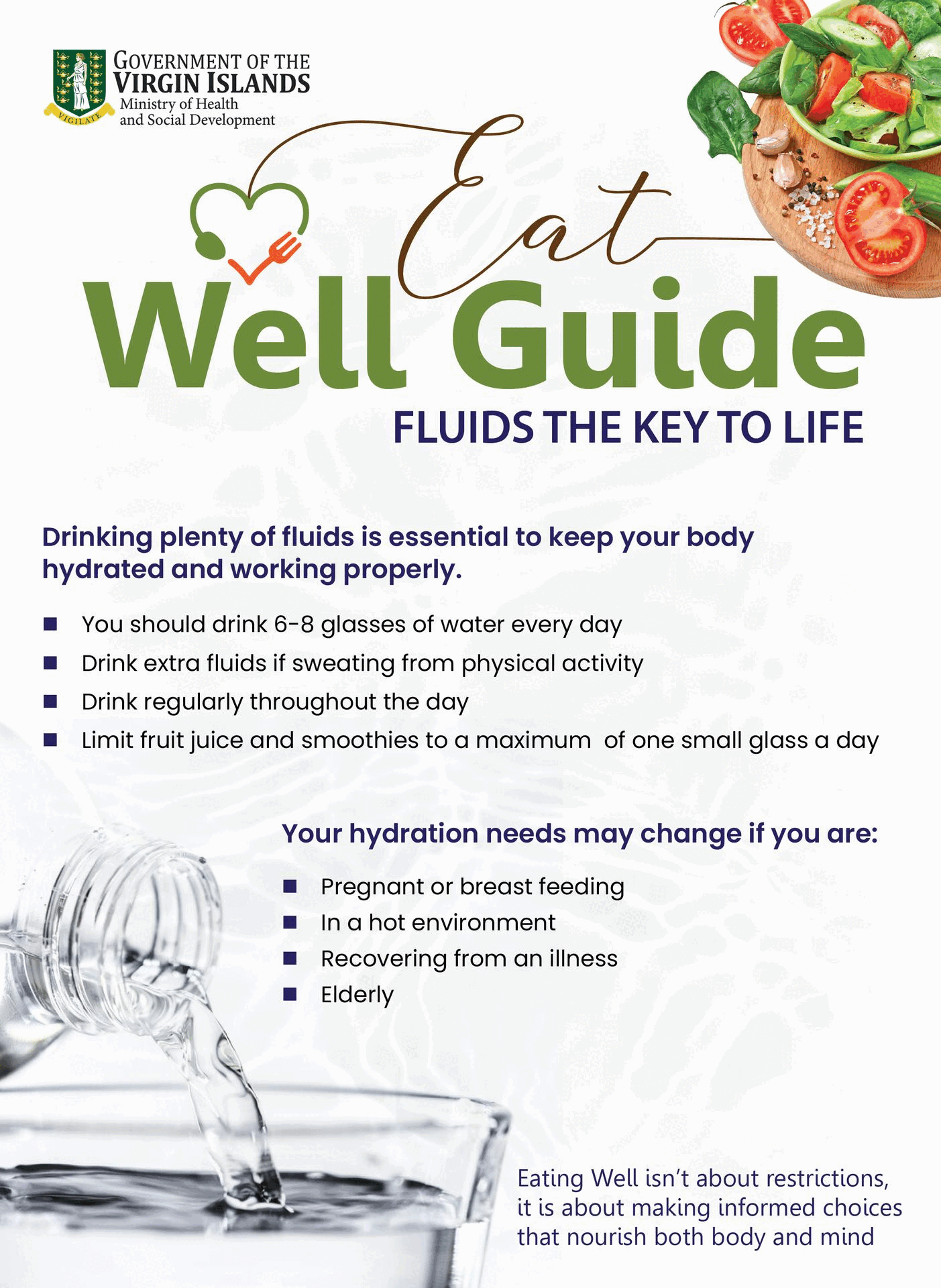JISA urges clampdown on ‘illegal’ schools

KINGSTON, Jamaica- Admitting that school fees are again set to rise for the upcoming academic year, Jamaica Independent School Association (JISA) President Tamar McKenzie says the group is coaxing the Ministry of Education to increase enforcement activities to rein in those institutions which, she says, are operating illegally and negatively affecting market share.
“The main destabilising issue that we have is the population size that we are able to serve. So even in the public schools numbers are down; same thing in the private schools. So the big issue is that you are not able to meet your minimum numbers to maintain your cost to your parents, which is why now you find that schools are consistently increasing fees and school fees have been so highly inflated. So one of the things we have asked the minister for is enforcement; you have a lot of schools operating illegally [and] that is affecting the real market share that we have,” McKenzie told the Jamaica Observer in a recent interview.
According to the JISA president, legitimate school operations cannot compete effectively with the illegal institutions.
“These schools that are operating illegally, they are not registered, they don’t have the capacity to be registered, a lot of them are not operating with a trained labour force, or qualified staff members; it’s like a mom and pop shop business. So what happens is, they are able to operate at rates that you cannot compete against, based on your operational expenses,” McKenzie said.
“If I am able to operate in the back of my house or where I don’t have certain costs at market rate — for example, rent or mortgage — what happens is that naturally the parents who are looking for a private option will go for the cheaper or more affordable option in many cases. But if we were really to regulate the industry you would find that you have fairer competition. So that is one of the things we are asking for, a stronger enforcement strategy and also to increase the training opportunities so that way we can also increase the accountability matrices because you can’t expect private schools to operate at a certain level when we don’t have access to training in the same way that public schools have it,” she explained further.
According to McKenzie, the pressure on private schools is more because of the various costs they have to foot.
“When we have to find our private dollars to fund all elements of training it affects how competitive we can be with our public school counterparts because our teachers would not be as frequently trained or as efficiently trained because of the different cost elements you are competing against. So those things, when we look at it, would all play a huge part in increasing our outcomes, which ultimately increases performance across the entire landscape,” she said.
The JISA president, who was responding to queries about the percentage increases to be faced by parents when the new school term kicks in, come September, said the association is in the process of collating the data based on requests for guidance from several schools.
“We have some data; some schools reached out for guidance, and the same things I put on the table are the same things I put on the table for our principals because you can’t increase fees, or call another school and say how much you are increasing by? [to make your decision],” she said, noting that parents should demand more for their dollars and also insist on accountability by school administrations.
“One of the things I want you to bear in mind, and as parents we have to ask; is the school I am a part of trying to stay open or are they trying to grow? And if they are trying to grow and we are raising fees to grow, what’s the growth plan? And when we are doing a justification or a stakeholder wide meeting and we are talking about investment in programme development or in staff or staff retention by increasing salaries, we need to position to the wider community by what percentage are we increasing our salaries, over what period and what are the implications of this move,” McKenzie said.
“Why I am saying all of this is because we have to operate the institution like a healthy business, and in business we don’t take decisions because we can take them, we take them because we have done proper assessments. So, when schools come out and say we are going to increase fees and we are increasing because of x or y we have to talk in dollars and cents, we can’t have moving targets and we can’t be very broad with certain things because parents need information for engagement,” she noted further.
In admitting that the frequent fund-raisers conducted by schools spell even more pressure for parents McKenzie said “all of those things create inequities in the system and it affects the culture within which our children are being developed because you are always going to have those who can afford and those who can’t afford, so what is the relief to parents? I am a principal in a private school and I understand the constraints but one of the things that we have to be firm on is that we must deliver on value, we must ensure that our products continue to improve because the challenges are real”.
“The order of the day is quality of work, consistency of outcomes and you need to develop a school community that is engaged. So if we are increasing fees, one of the big things is that there is no parent who will not pay more if they are satisfied, and if they are guaranteed to get more we are going to find it. The problem is, you keep having to do more and each time you are getting less. I think one of the things is, parents have to call for increased accountability because the red flags are there,” the JISA president stated.
In the meantime, she said “leaving is the last resort” for parents concerned about rising costs.
“If parents feel as if there is a fallout, the last thing you do is leave the school. The first thing you do is challenge the school for more answers. One of the worst things you can do to a child is move them. It is so hard for them, and everywhere you go you have problems, so when you move from one school to a new school it’s different problems. A lot of them, though, the root causes are the same, they are just packaged differently,” McKenzie opined.
JISA represents close to 220 of the 600 private schools in the island. Some 30,000 to 40,000 children are enrolled in these institutions some of which are post-secondary.





.jpg)

.jpg)









1.png)
.png)





















Leave a Reply